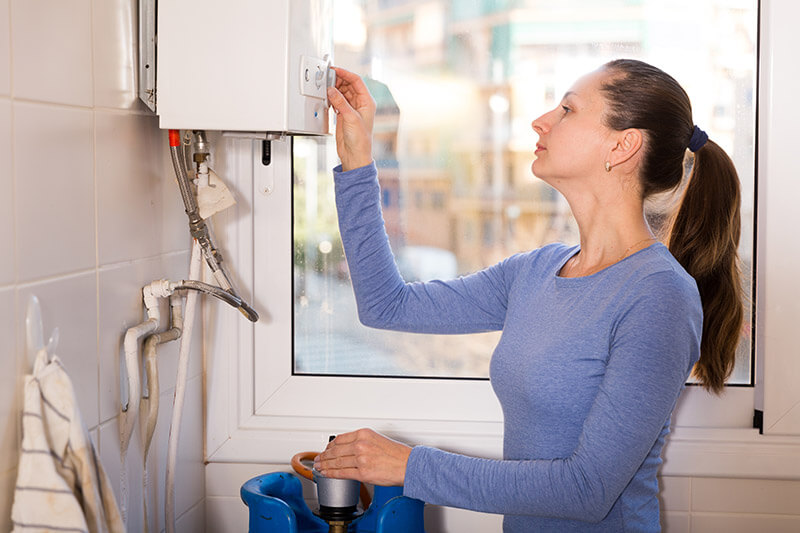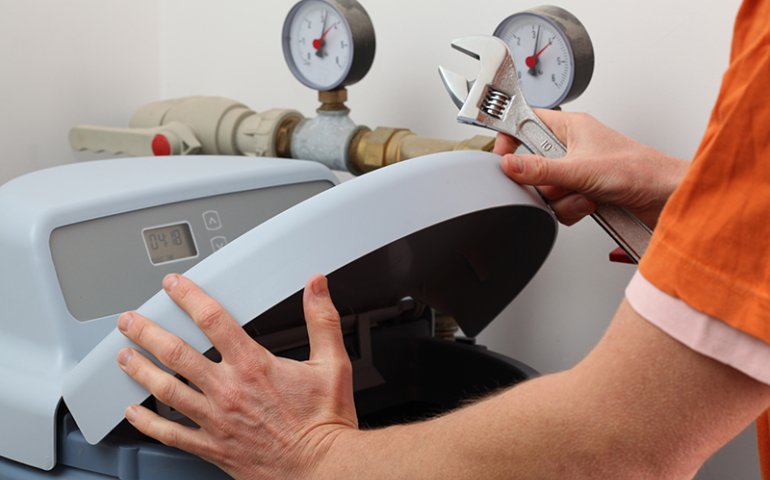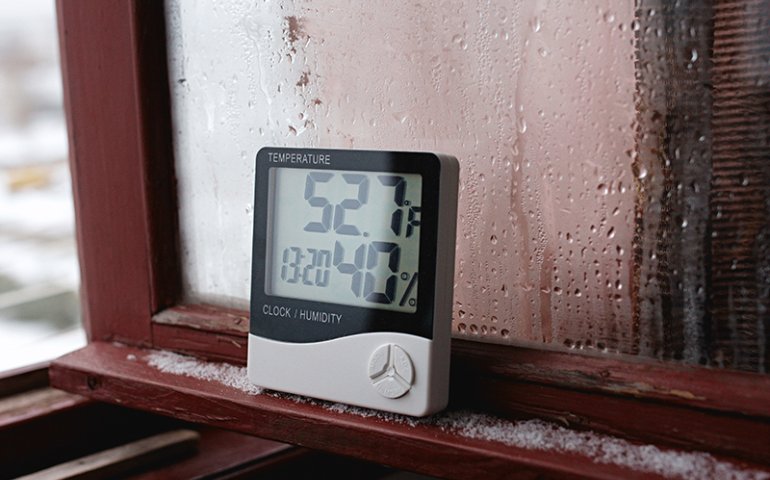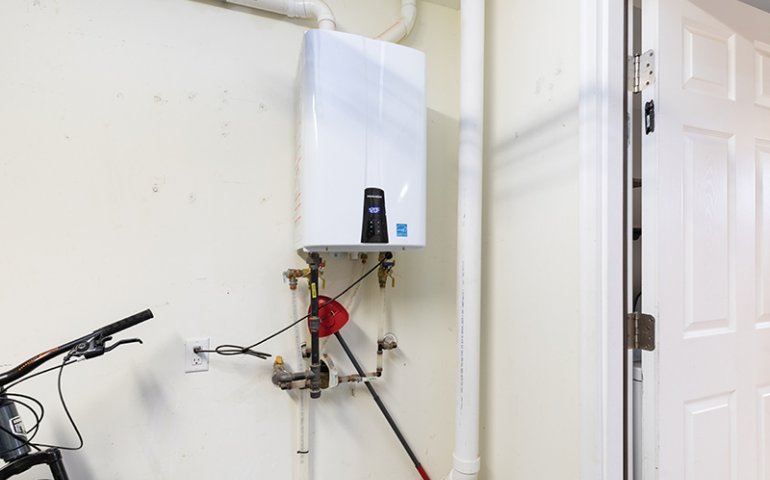Types of Boilers Available for Your Home
Home heating systems use a boiler or a furnace for power. Having the right unit to heat your home needs is a necessity. This is especially true in those cold winter months. We're going to go over what a residential boiler is and the different types. We'll also go over the factors to consider when buying one to meet your home heating needs.
How Does A Boiler Work?
A boiler system supplies either steam or hot water through the pipes in your home. These pipes connect to radiators or baseboards. These provide heat for the inside of your home. The boiler itself sits on top of a burner. This burner uses an external fuel source.
The most popular type of home heating fuel is natural gas. This is most common in cities where homes have easy access to city natural gas hookups. Most homes can show how much gas they're using each quarter. This will show the charge for their natural gas by their provider. Other options for rural homes include propane gas and traditional heating oil. These tend to be more expensive than natural gas.
The Two Types Of Residential Boiler Systems
There are two main types of residential boiler systems on the market: hot water and steam systems. Hot water boilers send hot water through the heating system in your home. This means the radiators or the baseboards. Steam boilers send steam in your heating system to provide warmth through your home.
Considerations When Purchasing A New Boiler
Most residential boilers last between 10 and 15 years. When it is time to get a new unit, there are some factors you need to take into consideration. The first is the type of boiler system that you currently have. If your home is set up for a steam boiler, you'll need to buy a steam boiler. If your home is set up for a hot water system, then you'll need to buy a hot water boiler.
You'll have two options of either high-efficiency systems or standard-efficiency boilers. When a standard efficiency system is in place, you lose some energy used to heat the boiler. A high-efficiency system saves that lost energy during the conduction process. You'll use less fuel to heat your home with a high-efficiency system than with a standard system.
Call Us Today
A new boiler can be a big investment for any homeowner. If you need some guidance on picking the right system to meet your needs and budget, give us a call today.






